Our Community Partners
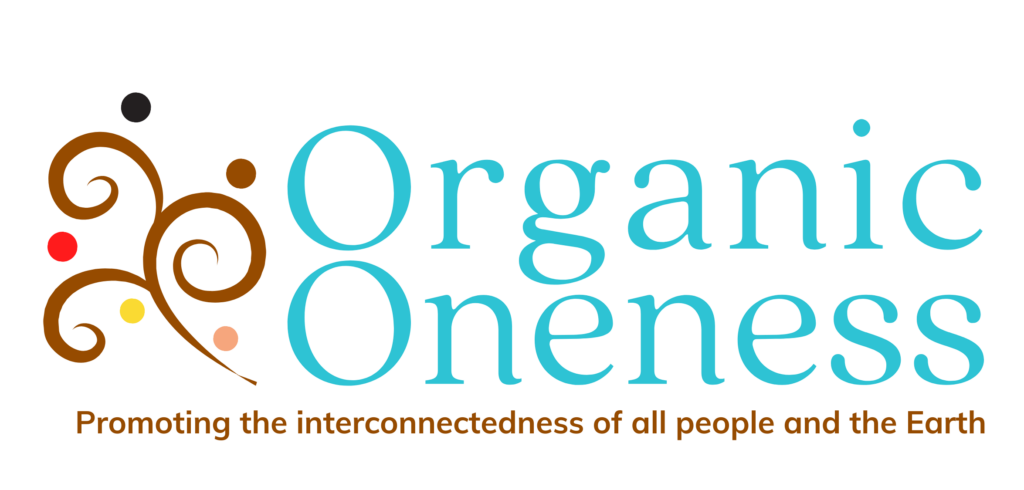
Organic Oneness is a grassroots, social justice organization that co-creates with communities to mobilize systemic change, healing, and wellness, foregrounding Black, Indigenous, and People of Color (BIPOC). While building awareness, consciousness, and actions that address the social conditions that threaten social justice and equity, OO convenes experts and resources to provide access to healing spaces and skills. CRR19 leveraged OO organizing capacity to convene organizations, institutions, and key community leaders to support CRR19’s mission. OO is a core partner and fiscal agent of CRR19.
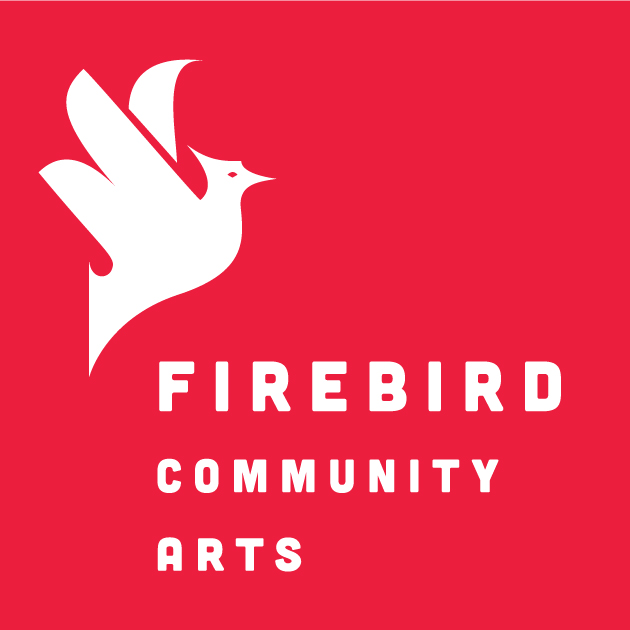
CRR19 believes that the individuals and communities most impacted by the intergenerational transmission of traumatic violence experiences should be central in the design of the artistic markers. This guided us to connect with Firebird Community Arts (Firebird). Firebird’s flagship program Project FIRE serves those who have been impacted by structural or interpersonal trauma, including violently-injured youth, veterans, formerly-incarcerated individuals, undocumented and immigrant populations and Chicago Public School students from the South and West sides of Chicago. Youth participating in Firebird’s trauma-informed arts initiative, Project FIRE, are leading the creation of thirty-eight durable glass blown structures.
CRR19 aims to have these glass blown structures embedded in Chicago’s sidewalks as a gift to the city. CRR19 and Firebird are currently engaged in conversations with the City of Chicago’s Department of Cultural Affairs and Special Events, Chicago Monument’s Project and the Department of Transportation regarding art’s fabrication, sustainability, durability, and overall safety.
“Everything is a full circle…with Eugene [Williams] up to Breonna Taylor to George Floyd…Nothing has changed. Ain’t nothing changed but the date, you know?”
– Dantrell “Trell” Blake, Project FIRE artist
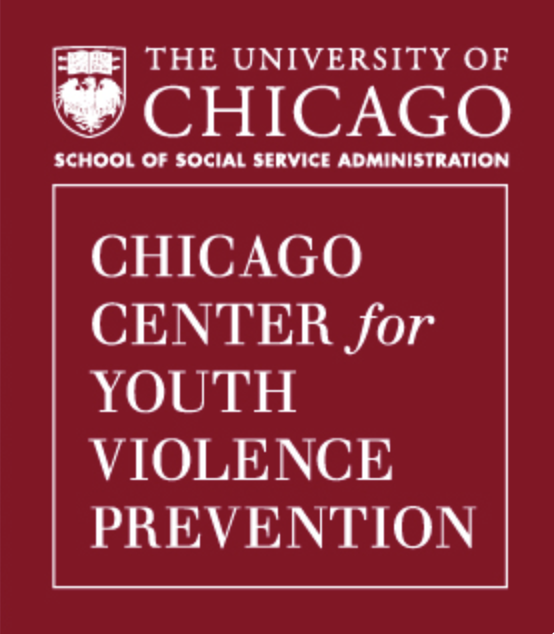
The Chicago Center for Youth Violence Prevention (CCYVP) is based at the UChicago Crown Family School of Social Work, Policy, and Practice. CCYVP studies the causes and consequences of youth violence and uses the data to partner with community stakeholders to create, implement, and test programs and policies. Under the leadership of Dr. Deborah Gorman-Smith, principal investigator and Dean of the Crown Family School and Pastor Chris Harris, co-investigator and CEO of Bright Star Community Outreach (see below), CCYVP has brought more than 40 community organizations and 30 schools together to develop a Community Action Plan. The plan and current efforts are focused on youth and family violence prevention, education equity, trauma-informed care, workforce development, racial justice, and healing.
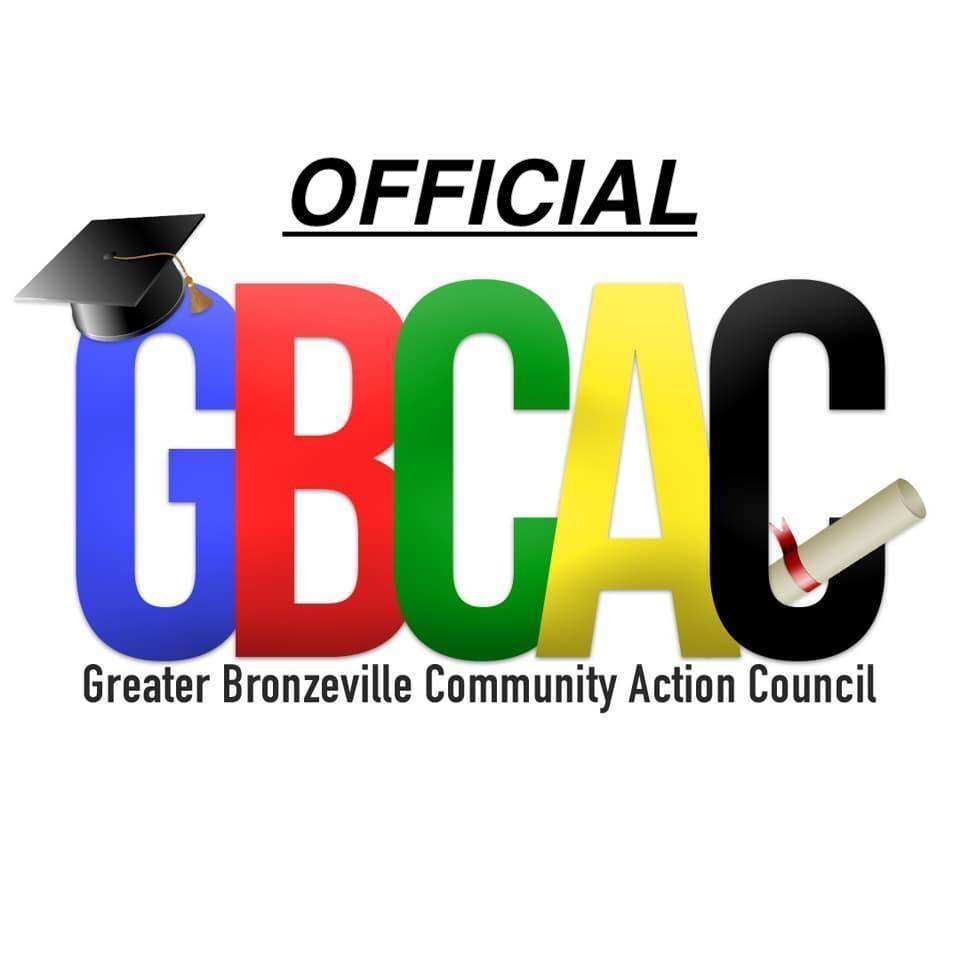
The Greater Bronzeville Community Action Council (GBCAC) is a coalition of community stakeholders including residents, community-based organizations, businesses, and Greater Bronzeville students, families, teachers, and administrators. GBCAC promotes inclusion, collective action, and responsibility to secure equitable quality education and resources for children, families, and educators from early childhood through college. The GBCAC executive leadership includes Pastor Chris Harris (chair), Pastor Michael Neal (vice-chair), and Annie Simmons (secretary). In April 2019 the GBCAC coalition leaders voted for Dr. Cosey-Gay, an executive member of the GBCAC, to join Dr. Cole as co-director of CRR19 to leverage existing relationships within this collaborative network and gather further community support.
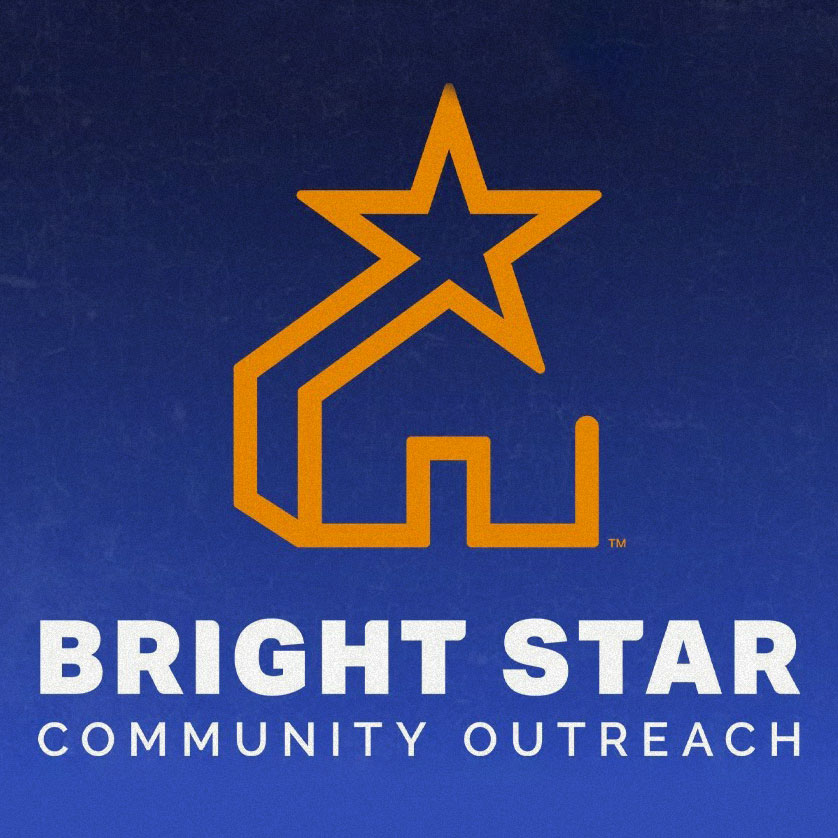
In 2013, Pastor Chris Harris, CEO of Bright Star Community Outreach (BSCO) convened community stakeholders to create a network of partners across multiple sectors to serve as a buffer against high levels of homicide, violence and trauma that affect one of the nation’s most historically significant African-American communities, Bronzeville, located on the south side of Chicago. As a pastor, he knew that many people went to him because of his community-level credibility with his congregation, neighborhood residents, school principals, and local organizations. Convened partners were drawn to a prevention planning system called Communities That Care primarily because this community-wide, coalition-based, data-driven system prioritizes local leadership and involvement, which is well-aligned with Pastor Harris’ perspective regarding intervention and research in the community: “Nothing about Us without Us.”